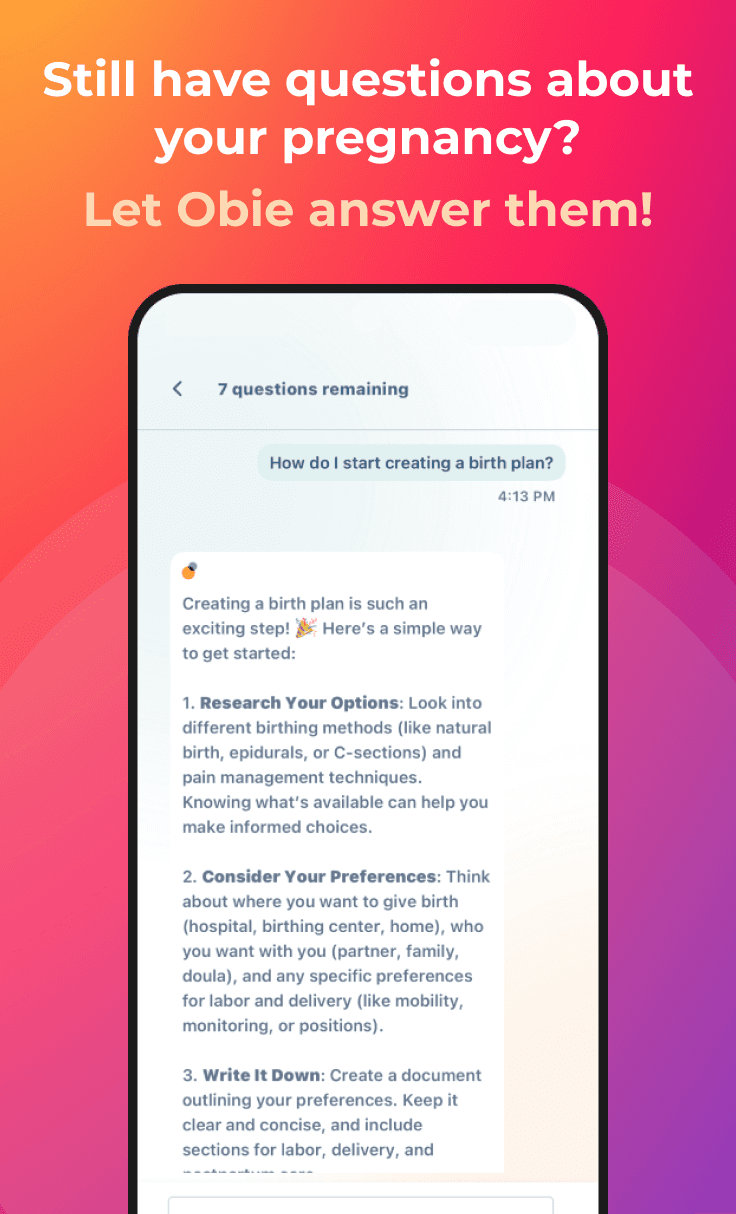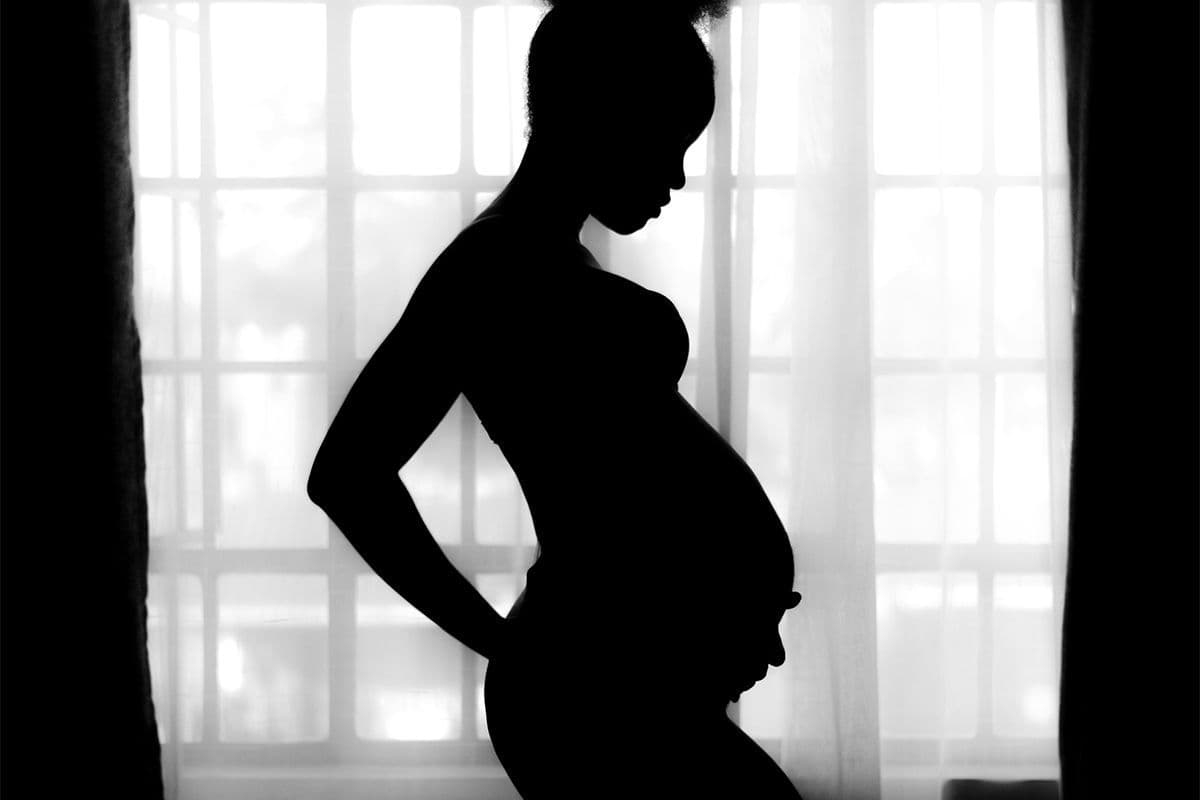Concerning Symptoms During Pregnancy You Should Not Ignore
Pregnancy Symptoms
Obie Editorial Team

Look out for these concerning symptoms in pregnancy
How do you know whether that sudden ache is normal or if it warrants a 2 a.m. call to your doctor or midwife? Here's a rundown of symptoms that should set off your warning bells. But even if you don't see your symptom on this list, it's better to err on the side of caution and make that call than to agonize for hours, wondering whether you've pulled a ligament or gone into preterm labor.
Sometimes it can be difficult to distinguish between what is a normal pregnancy symptom and what may be dangerous. There are several signs you should be aware of especially in the second half of the pregnancy which can be harmful to you or your baby.
Note that some of these symptoms may be more or less urgent depending on your particular situation or health history and on how far along you are in your pregnancy.
- Vaginal bleeding or spotting: Bleeding can be associated with miscarriage, ectopic pregnancy, or molar pregnancy.
- Your baby is moving or kicking less than usual (once he begins moving regularly). Ask your doctor if you should monitor your baby's activity by doing daily "kick counts." She can give you specific instructions on how to count and when to call.
- An increase in vaginal discharge or a change in the type of discharge — meaning if it becomes watery, mucousy, or bloody (even if it's only pink or blood-tinged). Note: After 37 weeks, an increase in mucus discharge is normal and may indicate that you'll be going into labor soon.
- Abdominal pain or pelvic pressure (a feeling that your baby is pushing down), lower back pain (especially if it's a new problem for you), menstrual-like cramping or abdominal pain, or more than four contractions in an hour (even if they don't hurt) before 37 weeks.
- Painful or burning urination ... or little or no urination at all.
- Severe or persistent vomiting, or any vomiting accompanied by pain or fever.
- Chills or fever of 100 degrees Fahrenheit or higher.
- Headaches and visual disturbances such as double vision, blurring, dimming, flashing lights, "floaters" (spots in your field of vision), a persistent or severe headache, or any headache accompanied by blurred vision, slurred speech, or numbness. "Thunderclap" headache is of major concern. It appears all of a sudden, that's why it's called "thunderclap".
- A persistent or severe cramp of the leg or calf that doesn't ease up when you flex your ankle and point your toes toward your nose or when you walk around, or one leg being significantly more swollen than the other.
- Fainting, frequent dizziness, a rapid heartbeat, heart palpitations or difficulty breathing, coughing up blood, or chest pain.
- Persistent intense itching of your torso, arms, legs, palms, or soles, or a feeling of itchiness all over your body.
- Any health problem that you'd ordinarily call your doctor about even if it's not pregnancy related (like worsening asthma or a cold that gets worse rather than better).
If you're near your due date, check out the signs of labor so you'll know what to look for and when to call your doctor.
Urgent symptoms that require immediate medical intervention
There are some bodily changes and symptoms that can signal a dire medical problem, either during pregnancy or in the postpartum period. The following are urgent pregnancy and maternal warning signs. If you have any of these symptoms during or after pregnancy, contact your doctor, and get help right away. If you can’t reach your doctor, go to the emergency room.
- Headache that won't go away or gets worse over time
- Dizziness or fainting
- Thoughts about hurting yourself or your baby
- Changes in your vision
- Fever
- Trouble breathing or pain in the lungs
- Chest pain or fast-beating heart
- Severe belly pain that doesn't go away
- Severe nausea and throwing up (not like morning sickness)
- Baby’s movements stopping or slowing down
- Vaginal bleeding during pregnancy
- Fluid leaking after pregnancy
- Swelling, redness, or pain in legs or ankles
- Extreme swelling of your hands or face
- Overwhelming tiredness
If you have any concerns or worries about a particular symptom, call your doctor or midwife right away.











